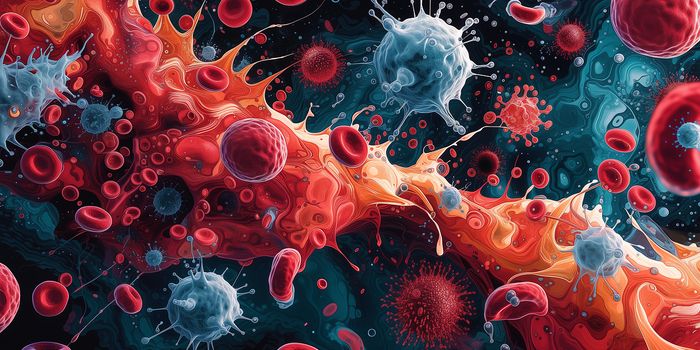Mechanism Behind How New Drug Kills Melanoma Cells
A drug that’s currently under testing in people has been found to kill melanoma cells, even the treatment-resistant ones. Researchers at the University of Virginia (UVA) discovered that pevonedistat shuts down a crucial protein that is overexpressed in melanoma cells, and possibly other cancers as well. The team hopes the drug will become a viable anticancer candidate for melanoma, one of the deadliest cancers worldwide.
Melanoma is a form of skin cancer caused by ultraviolet radiation damages to the skin cells. According to the World Health Organization, between 2 and 3 million people worldwide have skin cancer. And of that, about 132,000 people have melanoma. The incidence of skin cancer is only rising, as experts believe the depletion of the ozone layer will result in an additional 300,000 new cases every year.
The research team at UVA noticed that many drug-resistant types of melanoma produce the protein CDT2 in abundance. It’s thought that this protein lets the cancer cells divide and proliferate at rapid speed, which helps them overtake their environment and metastasize.
"We think that this, [CDT2], is what lets the cancer cells cope with the amount of replication they must undergo," said Tarek Abbas, professor at UVA Cancer Center, and senior author of the study. "They divide in uncontrolled fashion, and those cells that divide faster and more frequently are under tremendous replication stress, so these cancer cells needed to be able to develop a way to cope with that."
The drug pevonedistat is an inhibitor of the NEDD8-activating enzyme, which in mouse studies, has shown to be cytotoxic to cancer cells. This drug is already in clinical trials for blood disorders as well as melanoma, but exactly how pevonedistat kills cancer cells is not clear.
Now, for the first time, the study at UVA reveals that pevonedistat likely works against melanoma by blocking the CDT2 protein. "We think the drug works not because of its intended target, but rather because it works on [the CDT2 protein] way downstream of that," said Abbas.
Furthermore, Abbas thinks the CDT2 protein is so crucial that pevonedistat cripples melanoma replication. "These tumors, and not necessarily just melanoma, they are addicted to this gene," said Abbas. "And that makes them very susceptible to the drug. In fact, we showed, that melanoma cells that have higher levels of expression of CDT2 are much more susceptible to the drug."
Patients with high CDT2 are traditionally the ones with very poor survival rates. Thus, if pevonedistat can inhibit CDT2, there’s great treatment potential for this drug.
"We have great hope that this drug will have very significant impact on melanoma in general,” he said. "We actually show this drug can work on melanoma that resisted treatment, which is a major challenge in melanoma therapy. If approved by the FDA and it moves forward, this drug could potentially be a good second-line therapy for those patients that fail initial treatment."
Other drugs have also been identified in the quest to cure melanoma. Watch the video for an immunotherapy option!
Additional sources: UVA Health









